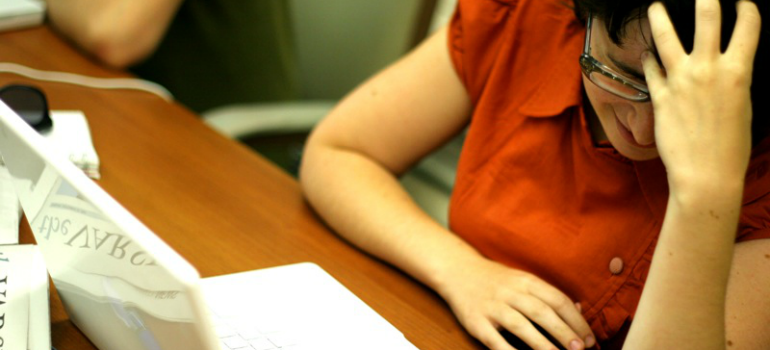Check less to reduce email stress
Is your inbox burning you out? Then take heart – research from UBC’s Department of Psychology suggests that easing up on email checking can help reduce psychological stress.
Some of the study’s 124 adults — including students, financial analysts medical professionals and others — were instructed to limit checking email to three times daily for a week. Others were told to check email as often as they could (which turned out to be about the same number of times that they normally checked their email prior to the study).
These instructions were then reversed for the participants during a subsequent week. During the study period, participants also answered brief daily surveys, including information about their stress levels.


Kostadin Kushlev
“Our findings showed that people felt less stressed when they checked their email less often,” says Kostadin Kushlev, the study’s lead author and a PhD candidate at UBC’s Dept. of Psychology.
Changing inbox behaviour may be easier said than done, however. “Most participants in our study found it quite difficult to check their email only a few times a day,” says Kushlev. “This is what makes our obvious-in-hindsight findings so striking: People find it difficult to resist the temptation of checking email, and yet resisting this temptation reduces their stress.”
Kushlev’s inspiration for the study came from his own experiences with email overload. “I now check my email in chunks several times a day, rather than constantly responding to messages as they come in,” he says. “And I feel better and less stressed.”
He also notes that organizations may help reduce employee stress by encouraging their workers to check their email in chunks rather than constantly responding to messages.
Background
The study, Checking Email Less Frequently Reduces Stress, is published online in Computers in Human Behavior. Kushlev’s co-author is Elizabeth Dunn from UBC’s Dept. of Psychology. Kushlev can be followed on Twitter at @HappyScholar.
The two-week study involved 124 participants; about two-thirds of these were graduate and undergraduate students, while the remainder worked in a range of industries, including health care, academia, finance, administration and information technology.
This Media Release was originally posted on UBC News.



